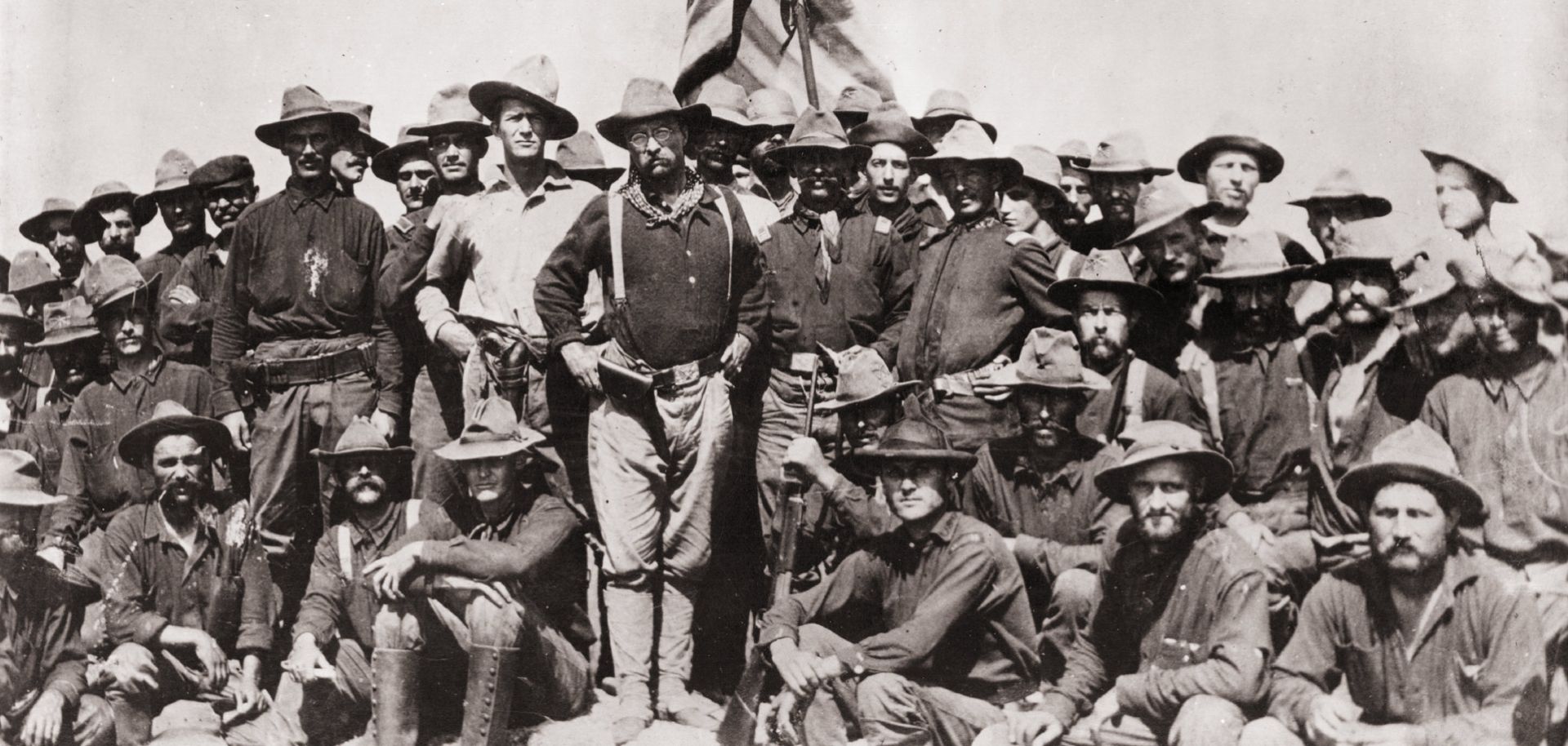Since taking office less than two weeks ago, U.S. President Donald Trump has moved quickly to put his policy directives into practice, from placing a temporary ban on the admittance of some migrants and refugees to lengthening the wall on the U.S.-Mexico border. He has also withdrawn from the Trans-Pacific Partnership and is reportedly reviewing proposals to cut the United Nations' funding and to potentially withdraw from select multinational treaties. The flurry of activity has drawn criticism and support alike, reflecting the deep divides in U.S. politics that were thrown into sharp relief during the campaign season.
Trump's actions are not without precedent, even if their pace and scope are fairly unique in U.S. history. Is banning immigrants from a particular country new? Look at the Chinese Exclusion Act of 1882. What about the potential detention of dual citizens? Tens of thousands of Japanese Americans were intentionally interned (along with Chinese...


